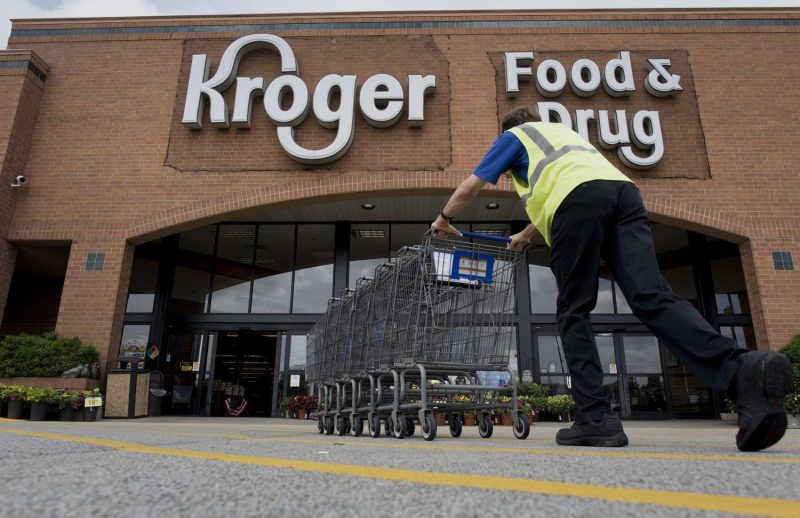
The High Stakes of the Kroger-Albertsons Merger Showdown with the FTC
The Federal Trade Commission’s (FTC) attempt to block the proposed merger between Kroger and Albertsons has sparked intense debate among industry experts and stakeholders. At the heart of the issue is the potential impact such a merger could have on competition, consumers, and the grocery market as a whole.
One key concern raised by the FTC is the merger’s potential negative effects on competition. Kroger and Albertsons are two of the largest grocery chains in the United States, with a significant presence in many states. If the merger were to proceed, the combined entity would wield substantial market power, potentially leading to higher prices for consumers and reduced choices in the grocery marketplace. This concentration of market power could also have a detrimental effect on smaller competitors, making it difficult for them to compete effectively.
Proponents of the merger, however, argue that joining forces would enable Kroger and Albertsons to achieve economies of scale and operational efficiencies, which could ultimately benefit consumers in the form of lower prices and improved services. They contend that the grocery industry is highly competitive, with numerous players vying for market share, and that the merger would not significantly alter the competitive landscape.
Another important consideration in the FTC’s review of the merger is its potential impact on consumers. Critics of the merger warn that it could lead to reduced quality, selection, and service, as well as higher prices for consumers. They point to previous mergers in the grocery industry that have resulted in store closures, job losses, and other negative consequences for consumers.
On the other hand, supporters of the merger argue that combining Kroger and Albertsons’ resources and expertise could lead to innovations in product offerings, customer service, and overall shopping experience. They argue that the merger would enable the companies to better compete with online retailers and other challengers in the grocery space, thereby benefiting consumers through enhanced convenience and value.
Overall, the FTC’s attempt to block the Kroger-Albertsons merger underscores the complex and multifaceted nature of antitrust regulation in the grocery industry. As the debate continues to unfold, it is clear that the outcome of this case will have far-reaching implications for competition, consumers, and the broader grocery market. Only time will tell whether the proposed merger is ultimately allowed to proceed or if it will be derailed by regulatory scrutiny and opposition.
